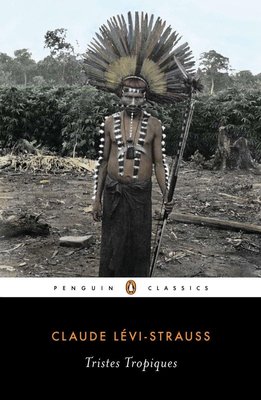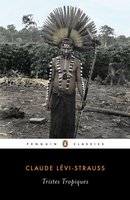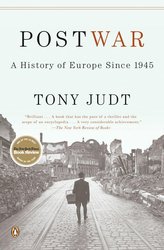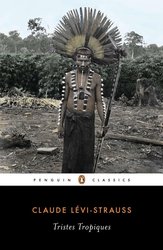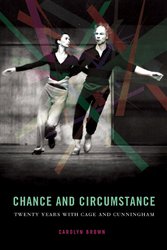A milestone in the study of culture from the father of structural anthropology This watershed work records Claude Lévi-Strauss's search for "a human society reduced to its most basic expression." From the Amazon basin through the dense upland jungles of Brazil, Lévi-Strauss found the societies he was seeking among the Caduveo, Bororo, Nambikwara, and Tupi-Kawahib. More than merely recounting his time in their midst, Tristes Tropiques places the cultural practices of these peoples in a global context and extrapolates a fascinating theory of culture that has given the book an importance far beyond the fields of anthropology and continental philosophy. The author's fresh approach, sense of humor, and openness to the sensuous mystique of the tropics make the scientific thrust of the book eminently accessible. For more than seventy years, Penguin has been the leading publisher of classic literature in the English-speaking world. With more than 1,700 titles, Penguin Classics represents a global bookshelf of the best works throughout history and across genres and disciplines. Readers trust the series to provide authoritative texts enhanced by introductions and notes by distinguished scholars and contemporary authors, as well as up-to-date translations by award-winning translators.
